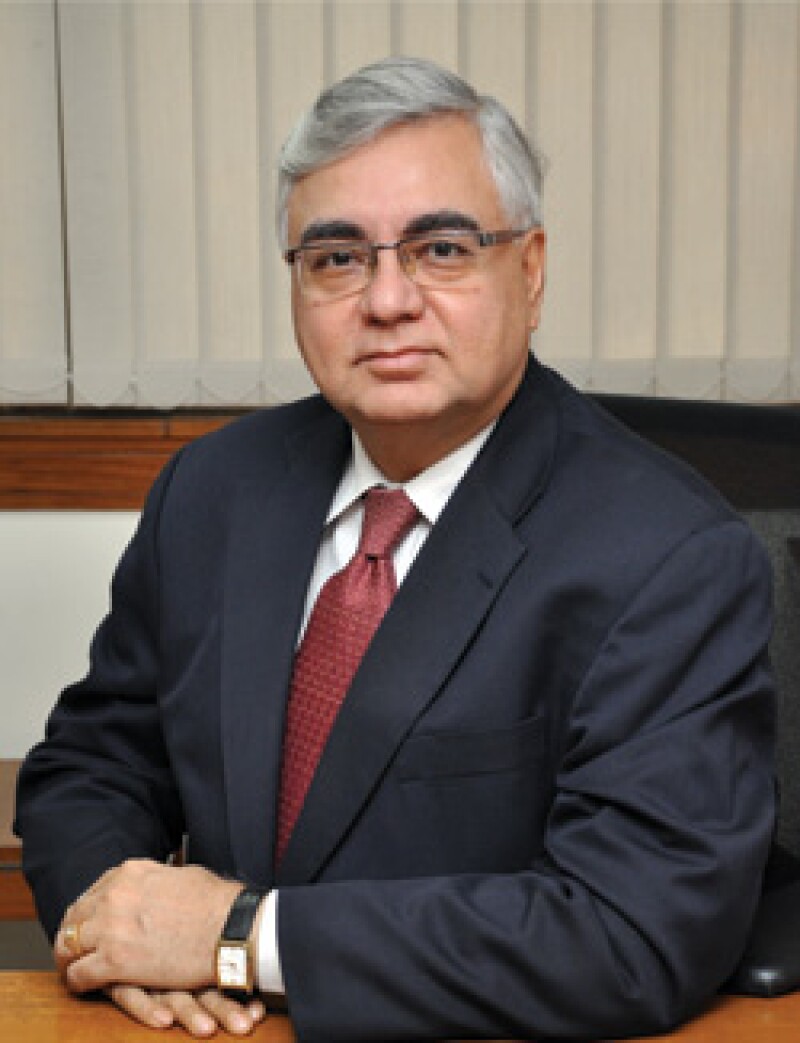
The name of Parthasarathi Shome has become well known to taxpayers in India, and the followers of this list, in the past few years. It seems every time the government needs someone to take charge of an initiative to modernise the tax system, they call on the economist who has the rank of minister of state.
“I have two roles I cannot separate,” he says. “One is chairing the Tax Administration Reforms Commission (TARC), which is the first time in decades, if not ever, that we have had something like this. It focuses on administration rather than policy, on the obstacles and hurdles in the tax system.
“The other is the weekly forum, where taxpayers through their chambers can make representations to me and the tax department about what areas of the system we should be looking at, and we discuss these with the minister. The forum is short-term and the TARC is long-term.”
Shome says the forum has delivered results: “It hastened the introduction of the transfer pricing safe harbour rules, which came out in August, and clarified issues surrounding the negative list for service tax and input tax credits.”
The TARC was set up in August 2013 and given 18 months to come up with proposals to make the tax system work better. Its first report is due out in April 2014 and will cover people functions, the use of IT for tax governance, customer-focused service and improving service delivery. It will then move on to issues such as improving internal processes and how dispute resolution can be streamlined. There will be reports every three months from then until early 2015, when the commission is due to finish its work. “It [the TARC] has very long terms of reference, oriented towards structural reform in tax administration,” Shome says.
Shome points out that these are not the only things that are happening in tax in India. The work to develop the Direct Taxes Code (DTC) and the national VAT system is still continuing. The intention was to introduce the DTC in the winter session of parliament, which began on December 5, though there are some doubts about that now.
“He enjoys the confidence of the taxpayers both for his erudition and his patience and kind approach to tax disputes,” says Palaniappan Chidambaram, the finance minister of Shome.
The Global Tax 50 2013 |
||
|---|---|---|
Pascal Saint-Amans |
Starbucks, Amazon & Google |
|









